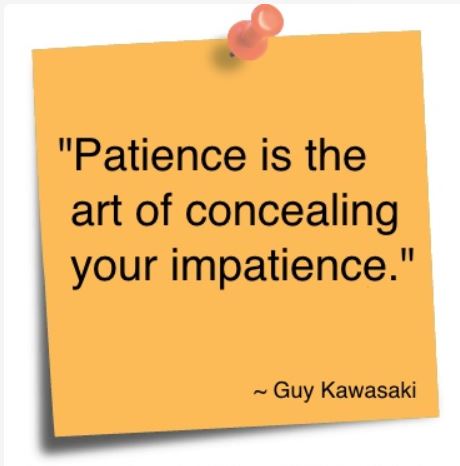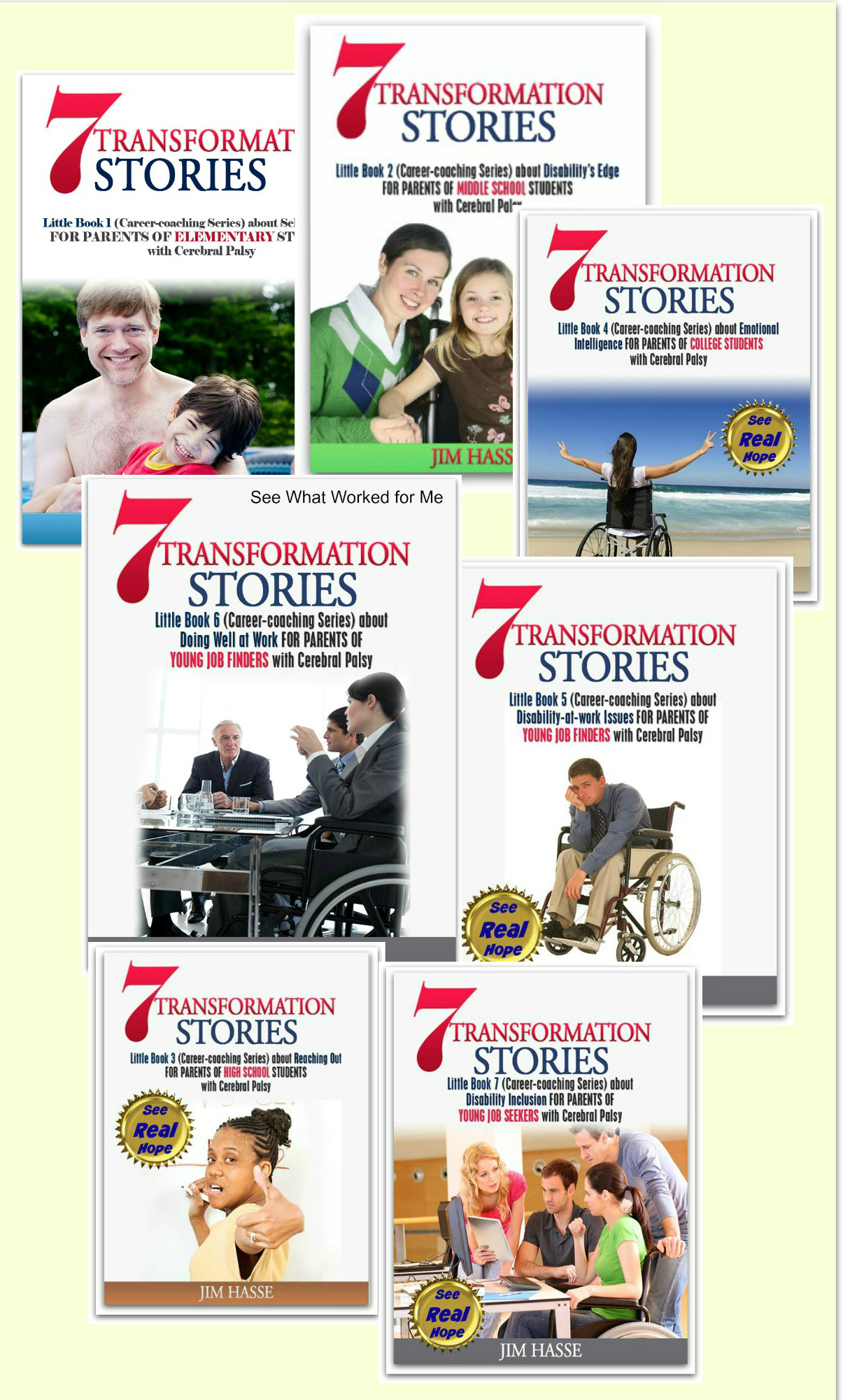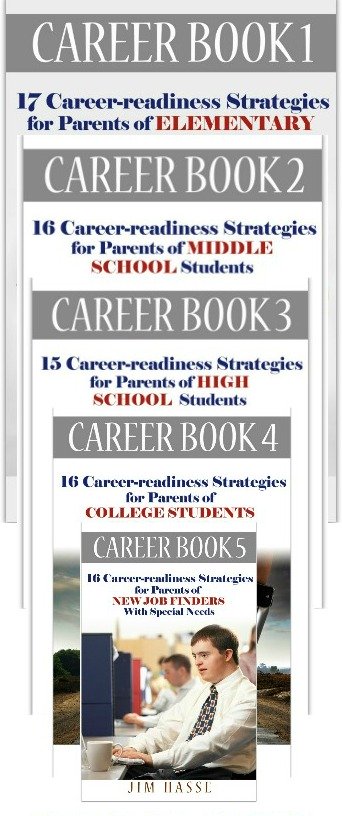Good Skill Set:
Cerebral Palsy
Career Builder for Elementary Students
By Jim Hasse, ABC, GCDF, Disability Employment Expert
_________________________________________________________
A good skill set for your son or daughter to develop as an elementary student with cerebral palsy (CP) includes patience and its contributing attributes.
The other night, I rode my recumbent tricycle through the Memorial Union terrace on the University of Wisconsin campus in Madison. The sun was setting on a placid Lake Mendota, and I noticed about seven students, scattered about but all facing the sunset across the lake, sitting on the steps leading down to the lake shore.
Each seemed so intent -- not on the sunset or unusual balmy November weather -- but on the spiral notebook of lined paper in their hands and the mechanics of writing something on paper. I soon discovered they were writing, some rather painfully and sloppily, in long hand. Yes, a few even looked like they were struggling.
I didn’t stop to ask, but I can imagine what their class assignment was: "Discard your laptop, smart phone etc. and use pen and paper to write a description of today’s sunset."
With cursive writing a vanishing art form and note taking no longer a requirement in the virtual classroom of 2016, I wondered what the class’s instructor had in mind when he or she gave the assignment.
Perhaps it was simply an exercise in patience, helping students in a world of tweets and texting to slow down and enjoy (and think through and describe) the sunset.
The whole scene reminded me of my personal struggle with the written word.
My long-term struggle
As a person with cerebral palsy, I felt overwhelmed in high school during the late 50s (when we had no e-mail and no laptops) because I couldn’t take hand-written notes fast enough to keep up with the instructors while in class.
I knew, if I wanted to go to college, I had to find a solution to that problem. In the absence of faxes, e-mails, the Internet, social media and even recording devises, I couldn’t miss capturing important information from the professors and fellow classmates.
So, during summer vacations while in high school, I took a short-hand correspondence course and eventually, after three years of daily practice, developed my own system of taking notes. My system, which no one else can decipher, served me well as a good skill set even later while in college and on the job as a business communicator.
But, my short hand didn’t help me on essay exams, and, luckily during the 60s, I had professors who allowed me extra time to complete essay questions in long hand in the old fashioned “blue books.”
When I retired in 1994 from my mainstream job as vice president of corporate communication for a Fortune 500 company, I felt I knew what college students with disabilities needed to be “ready for work” after school. And, I felt I had the “words” they “needed to hear.”
But, I didn’t. I needed to develop a good skill set for my "new" career. I needed to learn the “disability culture,” even though I was disabled myself. And I didn’t realize I needed to first communicate with a different audience than I first envisioned: employers instead of college students.
It took me another 16 years of research, study and writing (and keyboarding with two fingers) to get to that point. But, the result was Perfectly Able: How to Attract and Hire Talented People with Disabilities, a comprehensive disability recruitment guidebook for hiring managers.
 Courtesy of NonstopQuotes.com.
Courtesy of NonstopQuotes.com.Patience is golden
We’re not very patient in the U.S., and that has served us well in many cases for more than 200 years. As Americans, we pride ourselves as innovators, particularly when it comes to quick fixes.
But, our lack of patience and a short-term focus is perhaps becoming a detriment to our businesses, our economy and our globe. In short, we may be short-changing ourselves.
Here’s part of a comment Veronica posted in one of my online forums:
“Most
managers are looking for what someone can do for them right now, and asking
them to look down the road a year is beyond the skill set of most company
managers in the U.S.
In Asian companies, that is another matter. And that is why we have many Asian
companies outperforming their U.S.-based counterparts.”
I’m convinced that, if we’re going to adequately address some of our long-term problems in this world, we need to place a greater value on patience as a key ingredient in a good skill set and on a long-term focus in the political leaders we choose, the job candidates we hire and the business people we promote to higher positions of authority.
Eye-popping breakthroughs in medicine, energy, and agriculture seem to be making headlines at a more frequent rate than ever before. Those breakthroughs will be creating new and exciting jobs during the next decades that we now can’t even describe.
Those who have learned patience (particularly patience developed within a good skill set through personal struggle to reach a long-term goal at an early age) may be just the right people for those positions -- jobs your elementary student with cerebral palsy of today could perhaps some day hold.
To qualify for those jobs, he or she needs a good skill set built on a foundation of patience and a long-term focus (exactly the attributes dealing with a disability such as CP tend to foster).
Return to Good Skill Set to Job Titles
Go to Cerebral Palsy Career Builders
This is Creative Commons content. You can freely and legally use, share and repurpose it for non-commercial purposes only, provided you attach this sentence and the following attribution to it (including the two links):
Originally written and illustrated by Jim Hasse, ABC, GCDF, owner of Hasse Communication Counseling, LLC, who, as a person with cerebral palsy, served for 10 years as a vice president in a Fortune 500 company during his 29-year career in corporate communication. He’s an Accredited Business Communicator, certified as a Global Career Development Facilitator and author of 14 Amazon books about disability awareness and disability employment issues.





